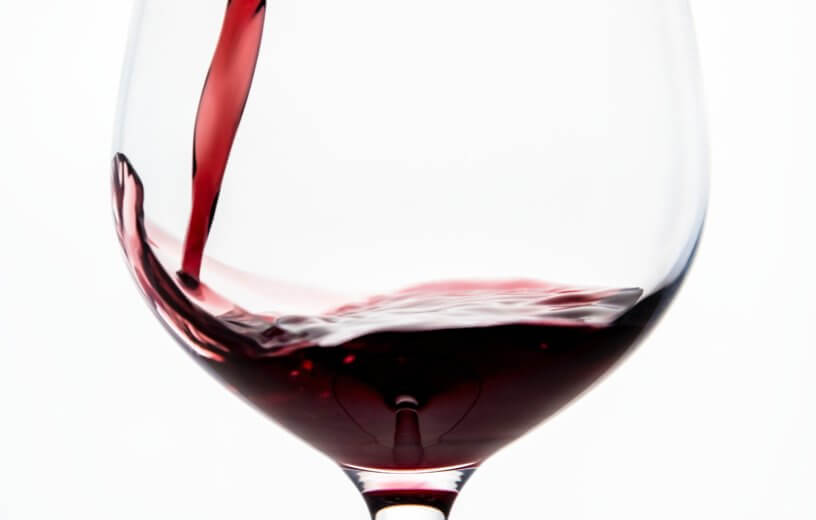CAMBRIDGE, Mass. — One of the biggest problems humans face as we consider deep space exploration, particularly the long-sought trip to Mars, is the effect it will have on our bodies. Without gravity, human muscles and bones quickly deteriorate and loss strength. However, a new study performed at Harvard University has discovered a possible solution to this problem: a compound found in red wine.
Sending humans to Mars has been at the forefront of pop culture recently. From President Trump’s space force to Elon Musk’s ambitious SpaceX projects, deep space exploration is becoming closer to reality than science fiction. According to NASA, a trip to Mars would take roughly nine months to complete, meaning that by the time a team of astronauts actually make it to Mars, their muscles and bones would likely be so weak that they would be unable to walk.
“After just 3 weeks in space, the human soleus muscle shrinks by a third,” says Dr. Marie Mortreux, lead author of the NASA-funded study, in a statement. “This is accompanied by a loss of slow-twitch muscle fibers, which are needed for endurance.”
Dr. Mortreux and her team say that resveratrol, a compound found in grape skin, blueberries, and red wine, may hold the answer to overcoming this dilemma. Resveratrol displayed the ability to substantially preserve muscle mass and strength in rats exposed to simulated Mars gravity.
“Resveratrol has been shown to preserve bone and muscle mass in rats during complete unloading, analogous to microgravity during spaceflight,” Dr. Morteux explains. “So, we hypothesized that a moderate daily dose would help mitigate muscle deconditioning in a Mars gravity analogue, too.”
In order to simulate the gravity conditions on Mars, rats were put into a full body harness and suspended via chain from their cage ceiling. The rats were exposed to Mars gravitational pull (40% of the Earth’s) in this manner for 14 days. Half of the rats were given 150 mg of resveratrol each day mixed into their drinking water, while the other portion of rats were given regular water.
Calf circumference and paw grip force were measured weekly, and calf muscles were analyzed after 14 days.
The results undeniably indicate that resveratrol can help stop the effects of low gravity; the rats who received resveratrol supplementation almost completely retained their front and rear paw grip. Additionally, muscle mass in the lower legs and calves were completely protected and the loss of slow-twitch muscle fibers was reduced. Of course, the protection wasn’t absolute, with the rats still displaying smaller calf circumstance and generally diminished muscle weight.
Researchers say that a big part of resveratrol’s effectiveness is likely linked to its ability to increase insulin sensitivity. Resveratrol is also an anti-inflammatory, which helps sustain muscle and bone.
“Resveratrol treatment promotes muscle growth in diabetic or unloaded animals, by increasing insulin sensitivity and glucose uptake in the muscle fibers. This is relevant for astronauts, who are known to develop reduced insulin sensitivity during spaceflight,” Dr. Morteux says.
The study’s authors say additional research is needed to determine the effects of different resveratrol doses on human men and women. Additional tests will also have to be conducted to ensure resveratrol won’t harmfully interact with any other drugs typically used in space missions.
The study is published in the scientific journal Frontiers in Physiology.
